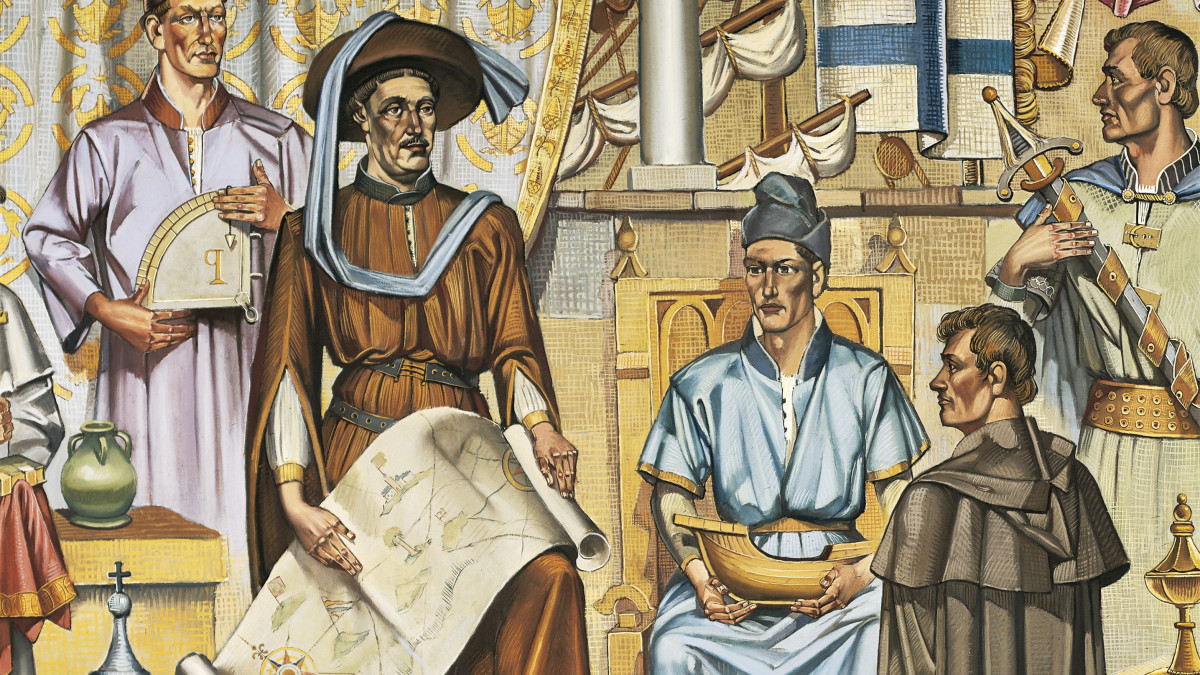Prince Henry of Portugal (1394-1460), known as “the Navigator,” was a deeply religious man who may well have been moved by a desire to convert the populations of India and the Far East. Indeed, many in the West were convinced that these distant peoples were already Christian, and for true salvation needed only to be brought in direct contact with the Roman Catholic church.
Prince Henry and his associates wanted to promote Portuguese commerce and national power as well as the Christian faith. They went about their work carefully, sending out frequent, well-equipped expeditions. Their vessels discovered Madeira and the Azores, uninhabited islands in the Atlantic where the Portuguese and other Europeans then began to settle first about 1420.
The main thrust southward gradually crept along the harsh desert coast of Africa where the Sahara meets the Atlantic, until in 1445 the Portuguese moved eastward those of Europe that few Europeans made any effort to understand them. Nor did the Europeans do much to undermine these indigenous cultures. Except for the southern tip of Africa, where the Dutch began settlement in the seventeenth century, Africa south of the Sahara was not directly subject to colonialism until the annexations and partitions of the nineteenth century.

